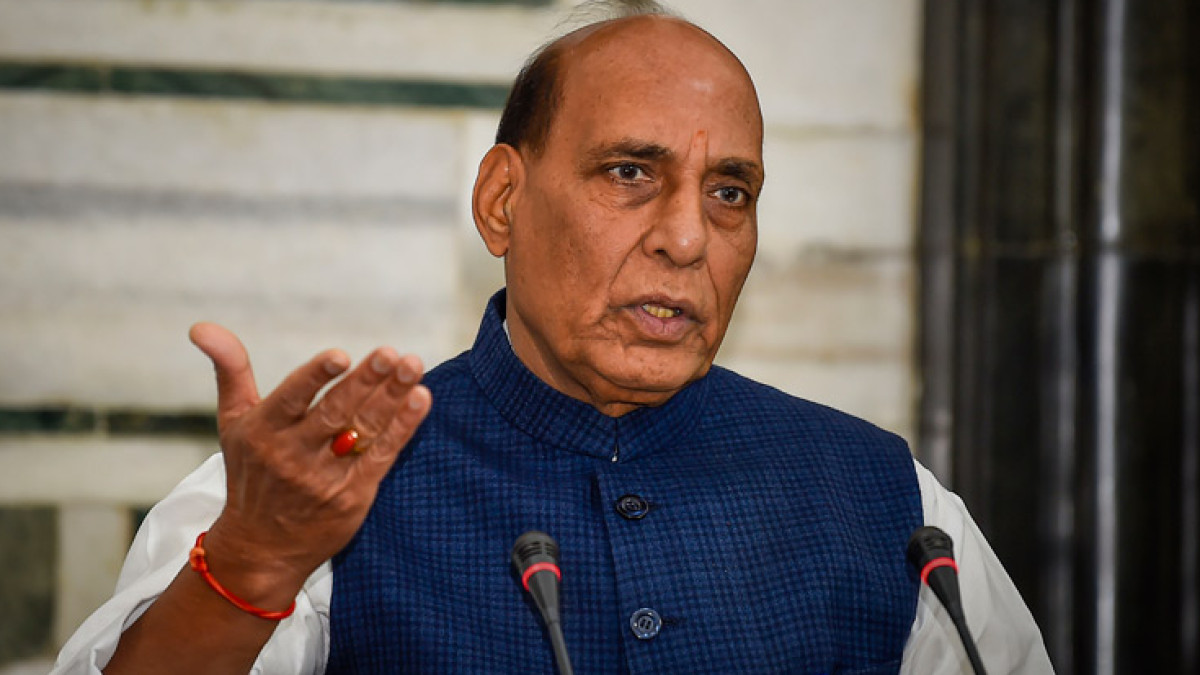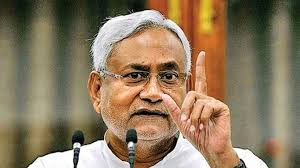India Doesn’t Believe in the New World Order: On Friday, the Indian Minister for Defence said that India stands for a free and open Indo-Pacific region. He believes the economic development of the region will benefit from a rules-based plan, just as it would for a global audience.
He claimed that India doesn’t believe in a world order where some are better than others.
At the Indo-Pacific Regional Dialogue in New Delhi, he delivered a keynote address about India’s vision for the region. He quoted Prime Minister Narendra Modi who made a statement during Shangri-La Dialogue in Singapore.
The Prime Minister said that India stands for a free, open, and inclusive Indo-Pacific region. This region embraces all of us, with each country wanting progress and prosperity. Our common security demands us to have a common rules-based order; one of the first steps is through dialogue to establish ASEAN centrality in the region.
PM Modi stressed that dialogue is the only way to resolve disputes and disagreements, in addition to having global peace. His words were echoed by leaders of the G-20 summit, who said “Now is not the time for war.”
As the quality of life deteriorates because of climate change and poverty, war is becoming more frequent. These challenges are much too big to fight them separately. As Rajnath Singh said, “In the times when humanity is facing problems like Covid-19 pandemic and widespread deprivation, it is essential that we all work together to surmount these mammoth challenges, without being distracted by destructive seduction of wars and conflicts.”
He said that they could start by strengthening trade and connectivity, building capacity, and improving infrastructure. He stressed the need to leverage these things collectively for a happier and more satisfying future.
The Defence Minister has announced a few initiatives during the India-ASEAN Defence Ministers Meeting, which were held in Cambodia earlier this week.
Singh said that it was a moral responsibility to work towards creating a secure and just world, exhorting the international community to consider security as a collective enterprise. He says this would create an order which benefits all nations.
“The pursuit of national security should not be considered as a zero-sum game and we need to pursue it in a way that benefits everyone, not just ourselves. We should be guided by enlightened self-interest which is sustainable and resilient to shocks. A strong and prosperous India would not be built at the cost of others but rather, would help other countries to realize their full potential.”
Speaking at a conference, the head of UN Security Council noted that many different networks have been working together but there is a need to go one step further.
He talked about how collective security needs to change to a point where it deals with everyone’s interests and includes security for all nations.
This article rewriter creates unique sentences by replacing words, phrases, or clauses from the original sentence with synonyms from its word list.
India believes in a multifaceted, inclusive policy. This is why they engage with various stakeholders and countries, while also addressing the concerns of all to make sure shared responsibility leads to prosperity.
India’s actions are guided by the very essence of human equality and dignity. It is intrinsic to India as a civilization that we work towards mutual economic development, which is why 5,000 Indian troops are being deployed in Afghanistan in order to help build peace and foster regional stability.
On the last day of PRRD, Chief of Naval Staff Admiral R Hari Kumar spoke about the threats and challenges to India’s global maritime security. He reaffirmed Indian Navy’s commitment to preserving India’s maritime interest.
He said that India is in a good position to be at the forefront of future providers of cyber security within the Indo-Pacific region. Moreover, India is increasingly being seen as preferred security partner for Western countries. The Admiral reiterated the Navy’s commitment towards achieving ‘Aatmanirbharta’ in the Defence sector.
On the occasion, the Raksha Mantri also released a book on coastal security, published by National Maritime Foundation (NMF) titled ‘Coastal Security Dimensions of Maritime Security’.
- Quantum Breakthrough: Room-Temperature Superconductivity Achieved
- India’s Cricket Fervor Hits Fever Pitch as World Cup Final Nears
- India Takes on Australia in the 2023 ICC Men’s Cricket World Cup Final
- Pharma Jobs: AIIMS Raipur Announces Direct Recruitment for 31 Pharmacist and Dispensing Attendant Positions; Applications Open till July 31, 2023
- Got Utkarsh Small Finance Bank IPO? Find Out NOW! Simple Steps to Check Your Allotment Status!
- Voltas and Zee Entertainment Lead as Volume Toppers in Stock Market; See High Trading Activity








